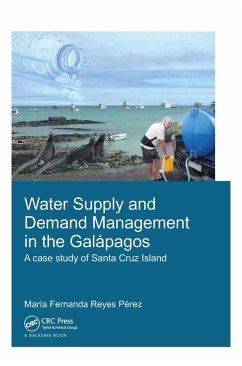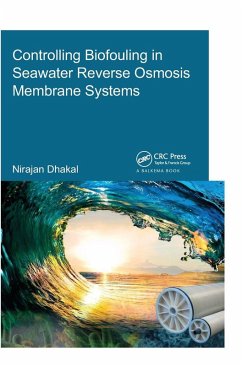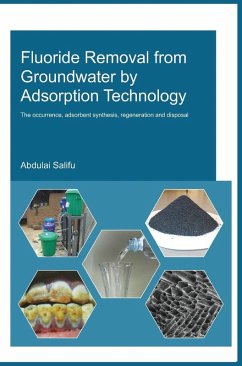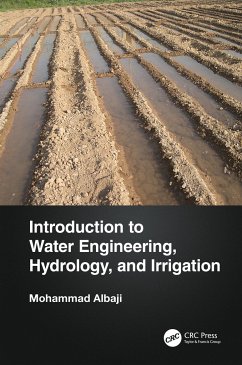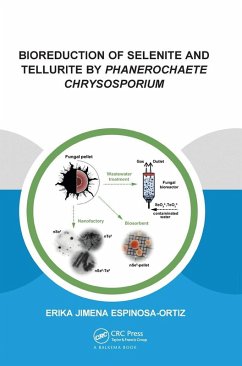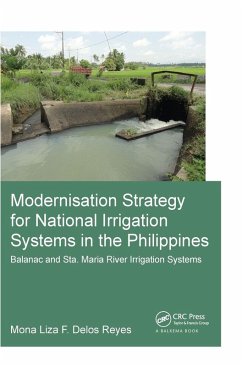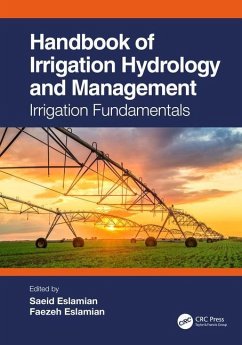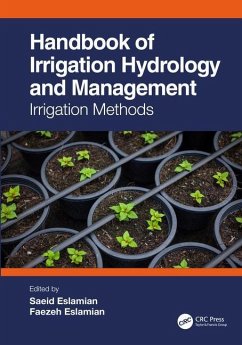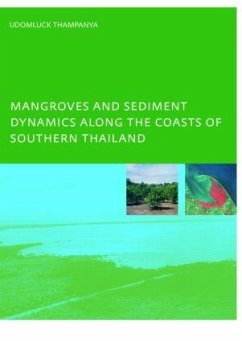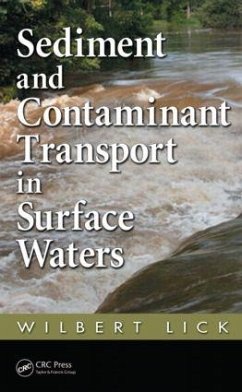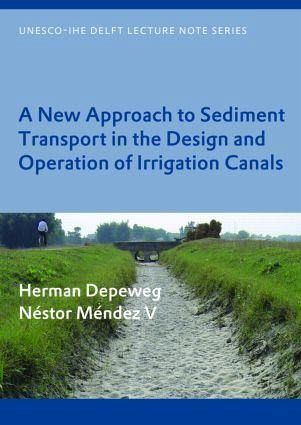
A New Approach to Sediment Transport in the Design and Operation of Irrigation Canals
UNESCO-IHE Lecture Note Series
Versandkostenfrei!
Versandfertig in 1-2 Wochen
165,99 €
inkl. MwSt.
Weitere Ausgaben:

PAYBACK Punkte
83 °P sammeln!
The transport of sediment greatly influences the sustainability of an irrigation system. Erosion and deposition not only increase maintenance costs, but may result in an inequitable and inadequate distribution of irrigation water. Understanding the behaviour and transport of sediment allows efficient planning and reliable water delivery schedules, and ensures the controlled deposition of sediments, making maintenance activities more manageable. These lecture notes present a detailed analysis of sediment transport in irrigation canals, together with physical and mathematical descriptions of the...
The transport of sediment greatly influences the sustainability of an irrigation system. Erosion and deposition not only increase maintenance costs, but may result in an inequitable and inadequate distribution of irrigation water. Understanding the behaviour and transport of sediment allows efficient planning and reliable water delivery schedules, and ensures the controlled deposition of sediments, making maintenance activities more manageable. These lecture notes present a detailed analysis of sediment transport in irrigation canals, together with physical and mathematical descriptions of the behaviour. A mathematical model predicts the sediment transport, deposition and entrainment rate for various flow conditions and sediment inputs. The model is particularly suitable for the simulation of sediment transport in irrigation canals where flow and sediment transport are largely determined by the operation of flow control structures.




